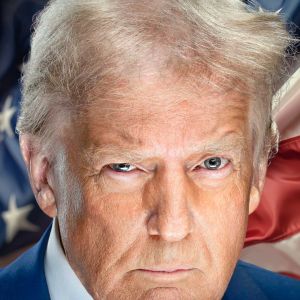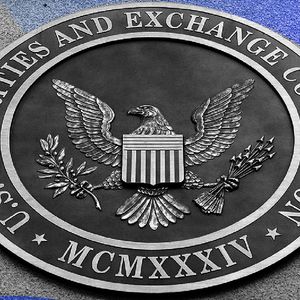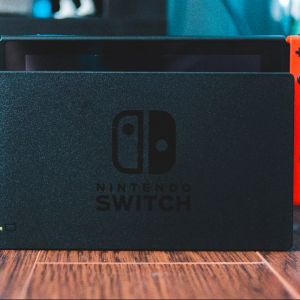A three-judge panel of the US Court of Appeals for the Federal Circuit unexpectedly restored Trump’s broad “Liberation Day” tariffs on Thursday, overturning a lower court’s ruling that had found the levies unlawful and ordered them halted. In a brief, unsigned order, the court provided no legal analysis or opinion; instead, it simply directed the trade-court plaintiffs to file their response by June 5 and the administration by June 9, setting the stage for expedited briefing on the merits of Trump’s sweeping import duties. Federal Circuit put back taxes on imports into the US The sudden reinstatement reverses a May 28 decision by the US Court of International Trade in Manhattan, which had held that the president lacked authority under the International Emergency Economic Powers Act (IEEPA) to impose tariffs on nearly all US trading partners. That court had issued an immediate injunction, describing the invocation of a “national emergency” based on trade deficits as outside the scope of a statute intended for genuine crises such as wartime embargoes or terrorist financing. Lawyers for five small businesses , including a New York liquor distributor and a Utah pipe manufacturer, had argued that the administration’s actions represented “an unlawful delegation of legislative authority” and that the cited emergency was “a figment of [Trump’s] own imagination.” They warned that the tariffs, broadly set at a general rate plus steep surcharges on goods from Canada, Mexico, and China, would inflict irreparable harm on firms reliant on imports and upset established supply chains. The Justice Department, defending the president’s emergency declaration, countered that Congress had clearly empowered the executive branch to regulate trade under IEEPA in response to national emergencies, and that such authority necessarily encompassed the imposition of protective tariffs. DOJ attorneys cautioned that blocking the duties would constitute “an enormous intrusion on the President’s conduct of foreign affairs and efforts to protect national security.” Thursday’s appellate order came without explanation and did not indicate whether the court viewed the IEEPA as granting blanket tariff-setting power or whether procedural errors in the trade-court injunction justified its vacatur. Through reviving the duties, the Federal Circuit effectively put back in place taxes on a vast array of imports, from electronics to auto parts, just days after they were supposed to take effect. The litigation is one of at least seven challenges to the “Liberation Day” tariffs, which Trump announced earlier this spring under the banner of safeguarding American industries and curbing the flow of fentanyl precursors. California and a coalition of 12 state attorneys general have also filed suit, as have other trade-dependent businesses. While some challenges began in district courts, all have funnelled into the specialized Court of International Trade, which normally adjudicates niche disputes over customs classifications and antidumping duties. Plaintiffs say only Congress holds exclusive power to regulate commerce At the trade-court hearing before Judge Jane Restani and her two colleagues, Gary Katzmann and Timothy Reif, plaintiffs underscored that Congress, not the president, holds the “exclusive power to regulate commerce with foreign nations.” They noted that the United States has run sizable trade deficits for decades without invoking any emergency statutes, and that the absence of an immediate, extraordinary external threat undercut any justification for IEEPA’s emergency provisions. DOJ lawyers, however, maintained that a persistent, significant trade imbalance could itself constitute a national emergency warranting extraordinary measures. They argued that Trump’s decision to include Canada, Mexico, and China under the new levies reflected legitimate concerns over cross-border narcotics trafficking and unfair trade practices, and that judicial interference would undermine the executive’s prerogatives. With the appeal now proceeding on an accelerated timeline, the next key dates will be the plaintiffs’ brief due June 5 and the government’s response on June 9. After that, the three-judge panel could schedule oral argument, potentially before the end of June, with a final decision following weeks or months later. In the interim, US Customs and Border Protection has been instructed to resume collecting the contested duties, reimposing tariffs that could raise costs for American importers and, ultimately, US consumers. Some people following the debate on X platform expressed concerns that the market uncertainty would continue, while others viewed this as a circus. And whether the Federal Circuit’s substantive decision will uphold or strike down the administration’s authority under IEEPA remains to be seen. But by reinstating the tariffs without explanation, the appellate court has ensured that Trump’s protectionist measures remain in force, at least for now, injecting fresh urgency into one of the most significant legal battles over executive power and US trade policy in decades. Cryptopolitan Academy: Coming Soon - A New Way to Earn Passive Income with DeFi in 2025. Learn More



















